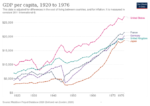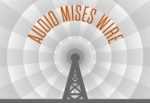After the first presidential debate on June 27, 2024, the media did something no one suspected: they began running headlines questioning President Biden’s mental capacity. CNN named its first analysis, titled “Biden’s disastrous debate pitches his reelection bid into crisis.” The author claimed that “objectively, Biden produced the weakest performance since John F. Kennedy and Richard Nixon started the tradition of televised debates in 1960.”In the same analysis, the author claimed that “there has been no public sign that Biden is unable to perform the duties of the presidency.” While anyone can watch Biden speak over the last four years to know this is untrue, a special counsel’s report in February 2024 on the President’s handling of classified material claimed Biden is mentally unfit to
Read More »2024-07-15


























